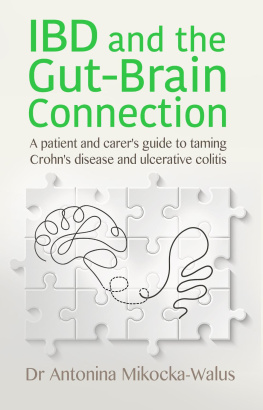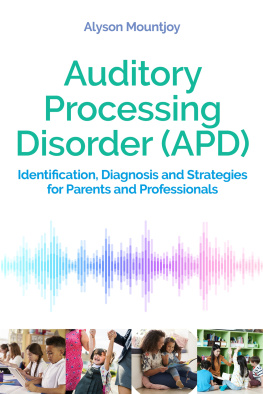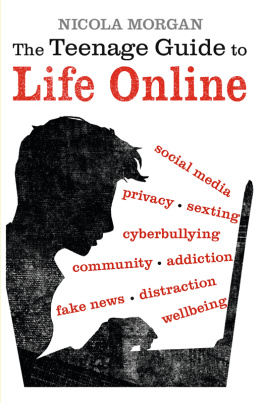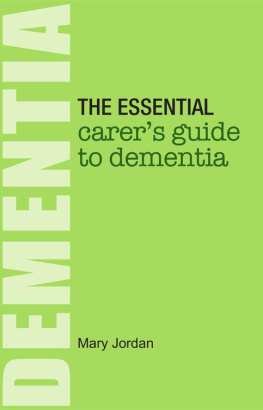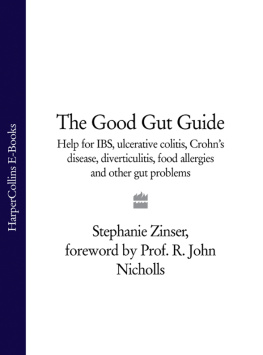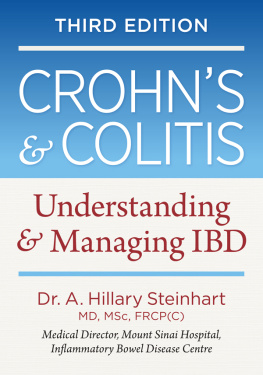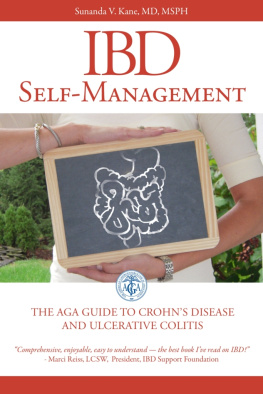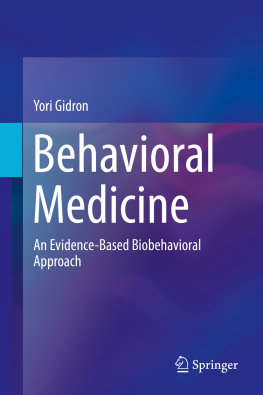Another excellent book on IBD by Dr M-W, this time for patients by a patient with specialist knowledge. The topics articulate the questions raised by every patient and are answered in a lucid manner, summarising the evidence in a way that is easy to understand. Strongly recommended.
Professor Simon Travis, FRCP, Professor of Clinical Gastroenterology, University of Oxford, UK. Former President of the European Crohns & Colitis Organisation (ECCO)
This book is a must read for any IBD patient seeking guidance on how to be resilient in the face of an inflammatory bowel disease diagnosis. Dr Mikocka-Walus, a health psychologist, behavioral scientist and IBD patient herself, conveys the best scientific evidence available on the holistic care of IBD in a very accessible and engaging way. I will be recommending this to all of my patients and families in the USA.
Associate Professor Laurie Keefer, PhD, GI Psychologist, Director of Psychobehavioral Research. Susan and Leonard Feinstein IBD Clinical Center, Mount Sinai Hospital, NYC, USA
Dr Mikocka-Walus has provided a comprehensive and reader friendly IBD resource, translating complex information and clinical research about the disease into everyday language. Her matter-of-fact discussion about all aspects of living with IBD, from stools to stress to sexuality, is not only informative, uniquely blending science and personal journey, but will be reassuring for those with IBD and their families.
Professor and Head, Department of Clinical Health Psychology Max Rady College of Medicine, University of Manitoba & Medical Director, Clinical Health Psychology Program, Winnipeg Regional Health Authority, Manitoba CANADA
Dr Mikocka-Walus delivers a cogent review of inflammatory bowel disease from a unique perspective: that of a health professional who suffers from the disease. IBD and the Gut-Brain Connection provides an insightful summary of life with IBD, with a particular focus on the impact of mood on disease outcomes, and how this can be managed. The text is a valuable additional information source to patients with IBD, and is highly recommended.
Dr David Gracie, BSc MB ChB MRCP, Gastroenterology specialist trainee, Bradford Royal Infirmary, UK
To my parents, Basia and Tomek, with love
Illness is the night side of life, a more onerous citizenship. Everyone who is born holds dual citizenship, in the kingdom of the well and in the kingdom of the sick. Although we all prefer to use the good passport, sooner or later each of us is obliged, at least for a spell, to identify ourselves as citizens of that other place.
Susan Sontag, Illness as Metaphor
Nobody realises that some people expend tremendous energy merely to be normal.
Albert Camus, Notebooks: 19421951
The question is not how to get cured, but how to live.
Joseph Conrad, Lord Jim
Over five million people worldwide battle inflammatory bowel disease (IBD) every day an invisible, debilitating illness that burdens its suffers with a lifelong struggle.
As CEO of Crohns & Colitis Australia (the peak national body representing IBD sufferers nationwide), I have seen firsthand how frightened people recently diagnosed or living with IBD can be. Time and again, IBD sufferers are confused by their diagnosis, worried that IBD will severely affect their day-to-day lives, and afraid that their dreams are unattainable. With IBD patients stigmatised and generally misunderstood, they can even be embarrassed to discuss their illness with family, friends and co-workers.
Thats precisely where this book comes in. As an IBD sufferer and health professional herself, Antoninas book is a window into what life is really like when you suffer from a chronic illness. With a lovely blend of gentle humour interspersed by scientific fact and personal experience, Antonina answers so many of the questions that recently diagnosed IBD patients want to ask but are hesitant to voice.
So often, IBD patients struggle to grasp all that is happening in the medicine and science of their illness. This book explains all this in simple, readily accessible terms. It delves into the psychological impact of IBD, as well as what to expect from medical treatments and therapies, presenting a refreshingly unique holistic approach to IBD care. Antoninas personal experiences will resonate with IBD patients, making them feel heard. It will make them feel as though their emotional, physical and mental concerns are shared they will understand that theyre not alone.
A book like this matters because it teaches IBD patients, along with their loved ones, how to live with an illness that is both challenging and invisible. It teaches us to work together to overcome fear and embarrassment, and to tackle the unknown. Thank you, Antonina, for sharing your vast knowledge and your personal story that may help other IBD patients feel more normal.
Whether youve been recently diagnosed with IBD yourself, or your partner, sister, brother, mother, father or best friend suffers from IBD, within the pages of this book you will discover deep insights into what it is really like to live with this crazy, chronic illness.
Francesca Manglaviti
Chief Executive Officer
Crohns & Colitis Australia
Ive carried this book in me for years. I have penned tens of scientific articles and communications for other health professionals but have never written anything dedicated 100% to my fellow IBD sufferers. My huge thanks to all those who have helped me in bringing this project to fruition.
Particular thanks are due to Dr Simon Knowles and Dr Cate Howell excellent scientists, health practitioners and fantastic colleagues who provided comments on the books drafts. Huge thanks to my beta-readers: Elizabeth Enticott and Bruce James.
To my publisher, Georgina Bentliff, for believing in this book and to Carolyn White, my editor, for making the book what it is today.
To my family: my siblings Jula and Antek, my aunts Katarzyna and Ewa and uncles Andrzej and Mirek and my cousins Ola and Pakis, and to my faithful high school friends who were by my side when I needed them most: Karo, Wiola, Aga, Justa, Dano and Mariusz this would have been so much harder without you.
To my husband, Bart, special thanks for having the patience to share a life with someone addicted to toilet spotting.
To my aunt, Dr Boena Dbska, an excellent doctor who saved me years of misdiagnosis. Thank you for all the years of supporting my family and me in our IBD adventure.
There are different kinds of poo. A normal poo is a perfect compromise between softness and firmness. It is not liquid; neither should it be lumpy or hard to pass. Picture a soft sausage or one with gentle cracks marking its surface.
I am not saying what an ideal poo should look like based on my own experience. After spending most of my life living with inflammatory bowel disease (IBD), I am no longer certain what is normal when it comes to poo. I need to consult external sources, such as the Bristol Stool Scale. This tells me that the familiar mushy wastes I frequently flush in my toilet are a sign of inflammation and that, for most people, this is not something they are used to seeing in their toilet bowl.
You may take me for a poo purist, choosing one type of poo and discriminating against all others. Surely people vary, so should their poo? Well, people may see differently shaped poo being flashed down their toilets, but it is very clear to any health professional with expertise in treating peoples guts that chronic diarrhoea is a sign of a disorder, as is constipation.

